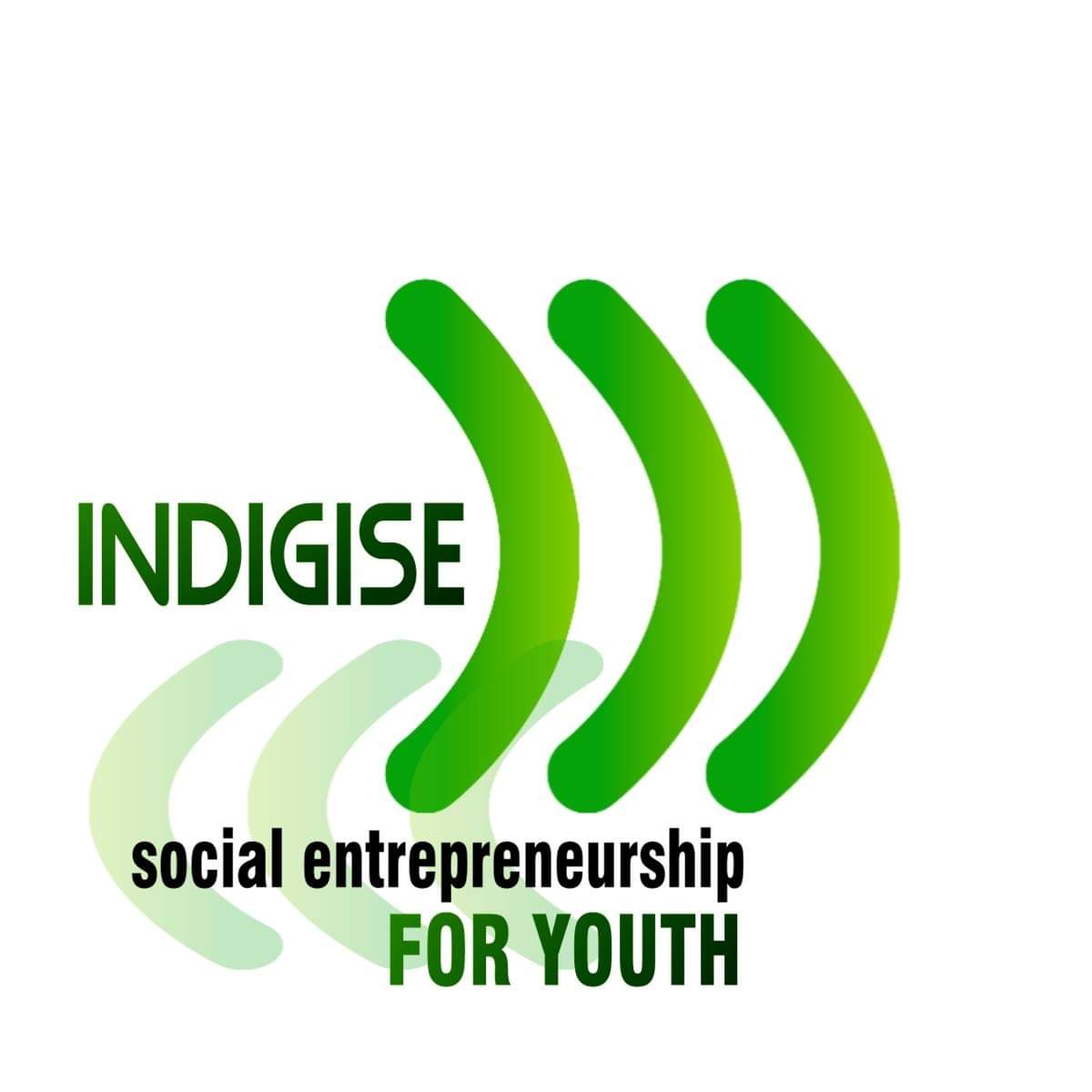With digitalization, globalization and an aging population the landscape of work is rapidly changing. Projections show that in the next 10 years in the workforce constant upskilling and digital dexterity will outweigh tenure and experience. Hence, young people and adults are confronted with navigating a highly interconnected and volatile world where the jobs, technologies and societal challenges of tomorrow may not yet presently exist nor can they be anticipated. This emphasizes even more the need for both increasing the participation of learners as well as to develop learning systems that aid people to create a positive career trajectory and equip them with professional resilience in circumstances with rising levels of uncertainty.
Adults that engage in lifelong learning have a higher likelihood of being an active part of the workforce, have improved health and are overall more civically engaged. While there are clear socio-economic benefits, the engagement remains low. On one hand, the EU recognizes and emphasizes that adult learning not only benefits the individuals in question, but also has a positive impact on companies and society in general, then again it has also failed to attain its own benchmark of 15% adult participation in learning by 2020. In February 2021, a new target was set to at least 47 % to be reached by 2025. An increase of 32% is an ambitious goal that is not to be reached without applying innovative approaches for creating future-ready adult learning systems.
Numerous EU documents and recommendations state that mobile devices, open educational resources and social media have a great potential for widening access to adult learning. Furthermore, in the face of the increasingly complex societal issues, social entrepreneurship and social innovation emerge as a key policy priority in the EU with the goal to build up the innovation capacity of EU economies as well as the socio-economic resilience of communities. Yet the quality of and level of access to digital Open Education Resources on the topics of social innovation and social entrepreneurship for adult learners does not adequately reflect these trends or priorities.
Focusing on training youth and adults in the incremental steps toward specific jobs is no longer a sufficient strategy. Instead, focus needs to be placed on capacity building and developing adaptable and transferable skill sets. Social entrepreneurship and social innovation offer an avenue to help prepare adults of all ages to meet the demands of both the current and the future job market while also contributing to community development. Social entrepreneurship not only promotes a problem solving mindset, innovative and creative thinking and values-based leadership but also can help develop purpose by facilitating social conscience, prosocial behavior and sense of personal agency. However, there is a great need to tackle the core issue of a lack of sustainable, future-ready adult learning systems that help build socio-economic resilience of the future workforce.


This publication has been prepared within INDIGISE project. The content of this publication is the sole responsibility of the project coordinator and may not always reflect the views of the European Commission or the National Agency.















Leave A Comment